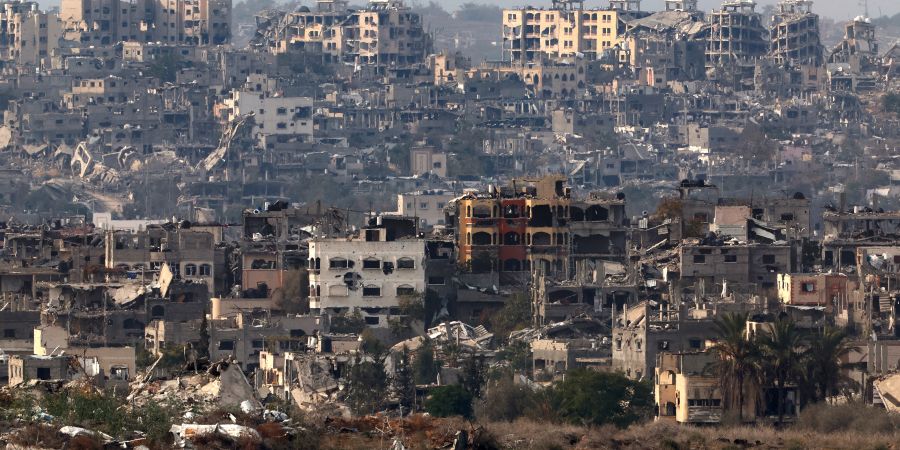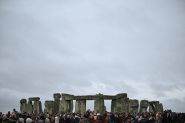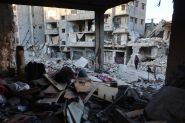Hamas, Two Other Palestinian Groups Declare Gaza Ceasefire Deal 'Closer Than Ever'
- 21/12/2024
- 5 comments
- 36
- 125


Bassam Abou Zeid 21/12 15:42

This is Beirut 21/12 14:50

This is Beirut 21/12 13:10

This is Beirut 21/12 13:00

This is Beirut 20/12 20:45

This is Beirut 21/12 21:10

This is Beirut 21/12 18:15

This is Beirut 21/12 17:34

This is Beirut 21/12 16:30

This is Beirut 21/12 12:05
Hala Abdallah 20/12 18:00
Lyne Sammouri 20/12 10:08
Lyne Sammouri 19/12 18:00
Lyne Sammouri 19/12 10:00

Liliane Mokbel 21/12 12:00

This is Beirut 18/12 21:30

Liliane Mokbel 18/12 20:00

This is Beirut 17/12 17:55

This is Beirut 17/12 11:25

This is Beirut 21/12 18:00

This is Beirut 21/12 14:00

This is Beirut 21/12 10:30

This is Beirut 20/12 18:00

This is Beirut 20/12 14:00

This is Beirut 21/12 12:40

This is Beirut 21/12 09:20

This is Beirut 20/12 16:35

This is Beirut 20/12 09:25

This is Beirut 19/12 18:15

This is Beirut 18/12 19:25

Alain E. Andrea 10/12 19:40

This is Beirut 09/12 12:40

Alain E. Andrea 05/12 14:35

Alain E. Andrea 02/12 18:40

par Ici Beyrouth, 21/12 23:30

par Ici Beyrouth, 21/12 21:05

par Ici Beyrouth, 21/12 19:20

par Ici Beyrouth, 21/12 19:20

par Ici Beyrouth, 21/12 18:10